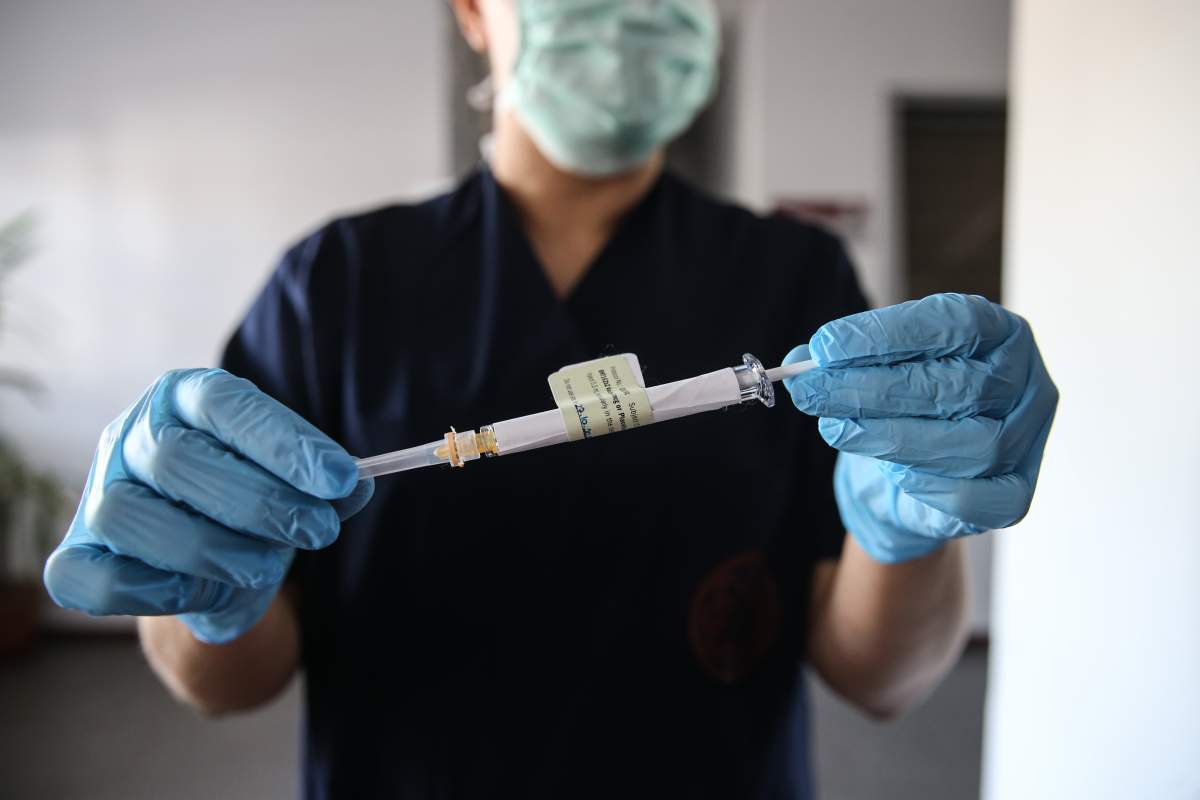The City of Ottawa has struck a task force to prepare for the eventual distribution of novel coronavirus vaccines amid recent news of multiple promising candidates for COVID-19 immunization.

Ottawa’s emergency and protective services department will lead the planning of the coronavirus vaccine rollout, in coordination with Ottawa Public Health, according to a memo released Monday afternoon.
This proactive work will ensure a timely and coordinated distribution plan is ready should vaccines become available in the future. In the meantime, it is imperative that all residents continue to adhere to local public health guidelines to limit the spread of COVID-19 in our community,” wrote Anthony Di Monte, head of emergency and protective services, in the memo.
The memo references promising early results from Stage 3 trials of Pfizer’s vaccine candidate, developed with its partner BioNTech. The memo’s release coincided with news earlier in the day from drugmaker Moderna, which reported 94.5 per cent effectiveness in its own vaccine trials.
Should both candidates receive regulatory approval, distributing each of these vaccines would come with different logistical requirements, with Pfizer’s vaccine needing to be kept in cold storage of at least -80 degrees C.

Prime Minister Justin Trudeau said earlier this month that such requirements would complicate efforts to distribute the vaccine widely via pharmacies, for example.

Get weekly health news
“So we have to have a very sophisticated plan to be able to roll out vaccines the right way; the right vaccines in the right place to the right people,” he said.
Ontario’s Minister of Health Christine Elliott said last week that the province has an internal team working to ensure that the distribution of vaccines is done in a “fair and equitable” way.
Di Monte’s memo indicated the city is ready to refine its plan based on directives from upper levels of government.
Ottawa’s medical officer of health Dr. Vera Etches said last week the rollout of a COVID-19 vaccine might look similar to OPH’s community clinics for the seasonal flu shot, with residents getting vaccinated at centralized locations equipped to maintain doses of the vaccine.
It is also likely that more vulnerable populations, such as the elderly or immunocompromised individuals, would be prioritized in receiving the vaccine.
Etches cautioned, however, that planning for an eventual vaccine is still in the early stages, and that residents should continue to take precautions to avoid spreading the virus in the meantime.






Comments
Want to discuss? Please read our Commenting Policy first.